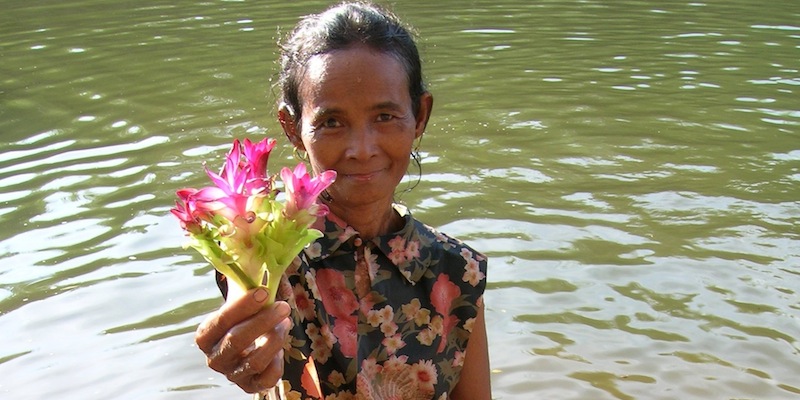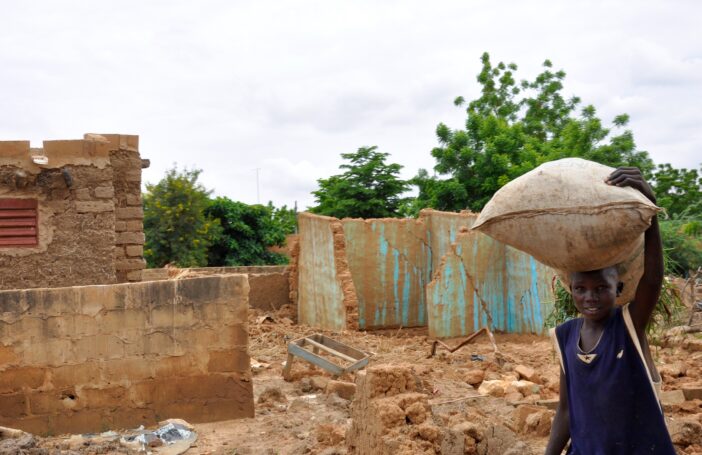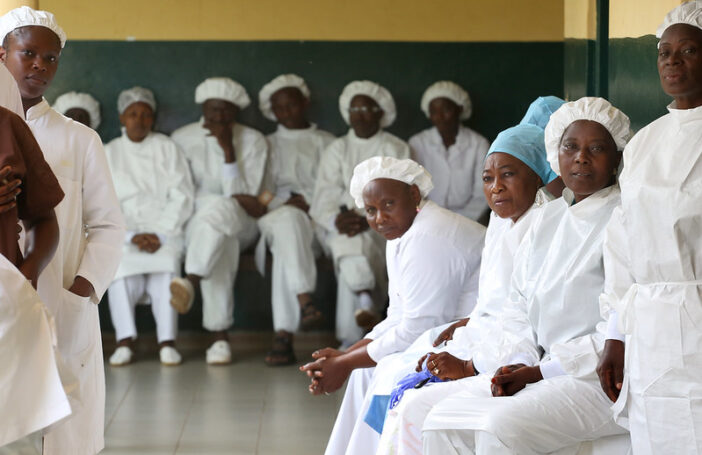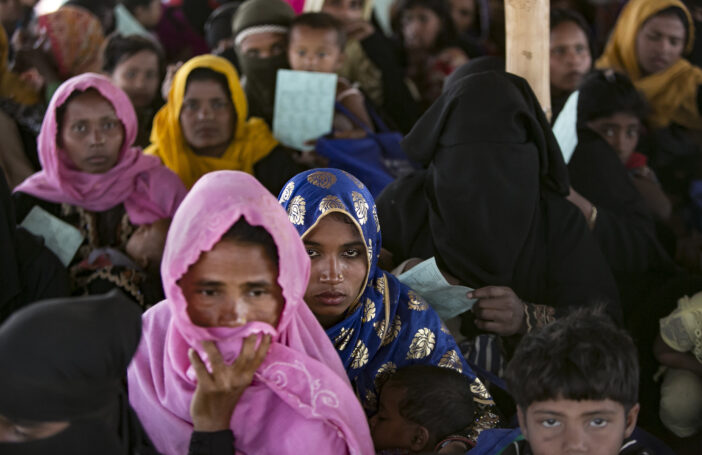In overseas aid there are a number of what seem to be simple propositions which hide what is a complex story. One of these is the idea of ‘participation in development’, put simply that aid recipients should have some say in the projects that donors put in place to help them. This is regarded as aid lore by NGOs, is a part of the ACFID Code of Conduct and also part of the accreditation processes for AusAID funding to NGOs.
The second proposition that is also much in vogue and also impossible to argue with is that aid should show results and provide value for money. The devil is of course in the detail, and the key pieces of detail are value for money for whom, and when we talk of results: what is the time frame we are talking about? This detail is important as we could go back to short term technical projects which might provide good value for money to the donor, and work well only in the short term, but provide no lasting change or real value for the aid recipient. Deep tube wells with pumps, as a simple example, are notorious for not being maintained due to a shortage of local skills, or not having spare parts available, likewise schools have been built but with no teachers to staff them.
The NGOs argue that these problems can be overcome if there was a greater level of local level participation of the various stakeholders involved in a project. The problem for the donor is that involving local people is time consuming, and they may wish to do things quite differently with even different outcomes, which are hard to predict. For example, I know of a group of rag pickers in Pune in India who over a 20 year period moved from being social outcasts and seen as merely ‘scavengers’ on the street, to now running the doorstep collection for recycled waste for the Municipal Corporation. Of course in 1990 the idea that the rag pickers would or could be a central part of the Municipal Corporation’s official waste management program was unheard of; all they wanted was less harassment from the police, and more respect from the local authority. The long term results for this project were completely unpredictable and would not fit a short term value for money or results based agenda, as each of the small steps along the 20 year path were quite modest, and sticking with the rag pickers for that long would not have been seen as worth it, or the small amounts of money required being too expensive to administer.
These and other issues are the theme of the Challenges for Participatory Development Conference being held at the ANU on November 28 and 29 as part of the ACFID Universities linkages program. The conference is timely and will add to the current debates on value for money, and a short term results agenda in the Australian aid program. Professor Robert Chambers from the UK will lead a panel of keynote speakers who are all worried about where the aid agenda is going in terms of being able to involve local people in aid programs.
Professor Gita Sen from DAWN (Development Alternatives with Women for a New Era) sees the participation agenda as perhaps too simplistic, even naive. While there is a strong focus in aid programs on the economic empowerment of women often through microfinance, these programs rarely challenge patriarchal norms which are at the heart of the problem. She argues that without a sustained focus on society’s norms and institutional changes to overcome the gender bias, women will remain in their traditional position as subordinate and second class citizens.
Robert Chambers makes the point that it is those things that are least socially transformative that are most measurable and attributable and unfortunately are what aid donors want, ignoring the unpredictable complexity of people and social processes. In his book Provocations for Development he labels what has been happening ‘a dysfunctional absurdity… driven by politicians that do not understand or who believe that taxpayers do not understand’.
One of purposes of the conference is to look at examples of new and challenging ideas, and aid projects which overcome the barriers that value for money and results based programs try to saddle development work with. It will provide examples where positive social change occurs and provide a counterpoint to the prevailing ideology of what can be measured is what makes a good aid program.
The Challenges for Participatory Development Conference is being held at the ANU on November 28 and 29 as part of the ACFID Universities linkages program. Material from the conference will be available here in the weeks to come.
Dr Patrick Kilby is lecturer in Development Studies at the ANU and conference organiser.





